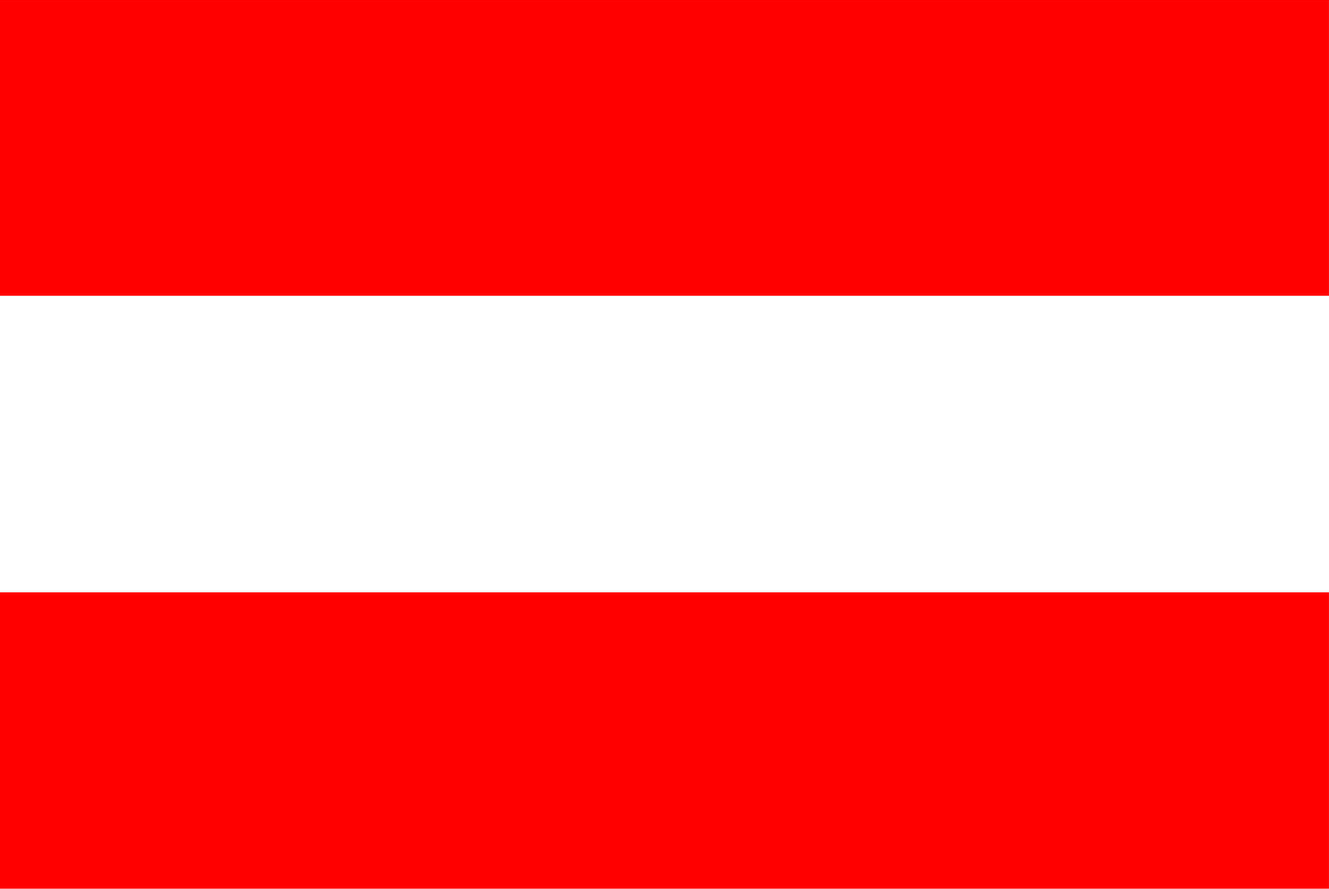
Like most advanced countries, revenue generated from taxes plays a very important role in the country’s economy, infrastructure, and funding of social services including healthcare, education, transportation networks, and other social amenities.
If you are interested in knowing more about the tariff system being administered in Austria, we’ve composed an easy but intense guide for expats from all around the world to easily understand.
Austrian Tax System
Austria uses a pay-as-you-earn system. Taxes are paid throughout the year by anyone who lives in Österreich. While foreigners who work but don’t reside in Austria pay a limited tax liability from their Austrian earned income.
All taxable residents must obtain a tax identification number (TIN). Your tax identification number is a unique nine-digit number that allows the beneficiary to file and process income levies. It is not an official ID document but must be possessed by all taxable residents. TINs change in different jurisdictions and can be obtained in any local tax office.
The Austrian Tax Ministry (Bundesministerium für Finanzen) has an income tax calculator that allows the beneficiary to estimate how much he/she has to pay in taxes from his/her earned income. Tax deductions can be claimed for a variety of work-related expenses. All tariff submissions are due for all residents on the 30th of April or the 30th of June [electronic filing].
Austrian tax law distinguishes between regular payments and special payments. There’s also a regime for special payments not exceeding one-sixth of regular payments. Non-residents must file an income levy return whenever their taxable income exceeds €2,000 from a taxable source.
Austria also has bilateral arrangements with countries from around the world on guidelines to prevent double taxation. These treaties are usually called Double Taxation Conventions (DTC) and prevent a person from paying one type of levy twice in two different countries. Austria has treaties with over 80 countries, including Germany, the United Kingdom, and Switzerland.
Employees and Employers in Österreichmust have Social Security. Austrian Social Security comes with health & accident insurance, unemployment benefits, and public pension payments. Employees pay 18.12%, while employers pay 21.38%.
Income taxes
Income tax is collected by the authorities on all income generated from sources that include: employment, capital assets, craft sales, properties, trade, and self-employed income. This type of levy is popularly known as “Einkommenssteuer” by the country’s residents. Everyone registered resident and citizen is liable to pay this duty.
Income taxes are collected at a proportional rate based on your annual income. Rates are subject to annual change [currently 25%-55% of your annual income]. There is also a tax-free threshold, for low-income earners who meet certain requirements.
Income taxes are paid by your employer from deductions made from your salary, but all self-employed workers or investors will have to file and pay their taxes online or via their accountant.
If you have been living in Austria for six months or less during the previous tax year, you will only be taxed on income earned in the country. But if you have been living in Österreich for more than six months, then you will be taxed on your worldwide revenue in a tax year. A tax year is the same as the calendar year in the country.
The table below contains the income range and the tariff rate in Österreich.
| Income | Rate |
| €11,000 – €18,000 | 25% |
| €18,000 – €31,000 | 35% |
| €31,000 – €60,000 | 42% |
| €60,000 – €90,000 | 48% |
| €90,000 – €1,000,000 | 50% |
| Above €1,000,000 | 55% |
Corporate taxes
Corporate tax in the country is currently at a rate of 25%. This tariff applies to both income and capital gains that businesses located in the country have earned over the past year.
Both foreign corporations that trade or have a franchise in the country and companies incorporated in Österreich are obligated to pay Austrian corporate taxes. These companies will also have to pay municipal levies, which are given to the local municipality where the company is situated.
Expatriate taxes
Expats living in Austria will continue to pay their taxes to their home country and will be taxed only on revenue generated in Austria. If you only live in Austria without residency, you will pay a reduced levy and the subject of interest is only on your Austrian income. You will also be seen as a taxable resident if you have spent more than 180 days in a calendar year in Austria.
Criminal tariff evasion in Austria is a serious offense and is punishable with a fine of up to twice the reduced amount or two years’ imprisonment. In case of qualified forms of tax evasion such as the use of falsified documents, fictitious structures, or others, you can get up to 10 years’ imprisonment.

